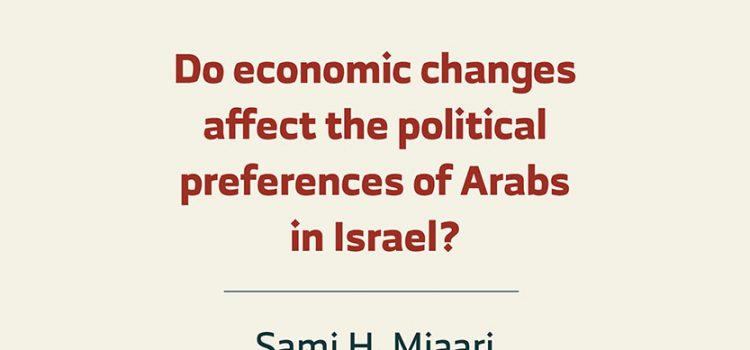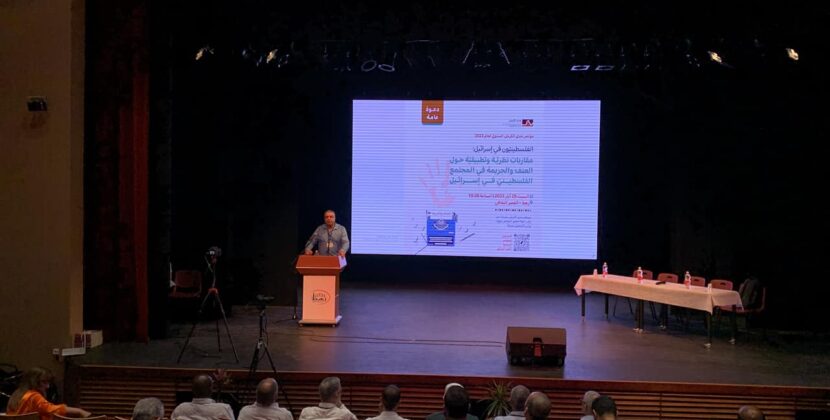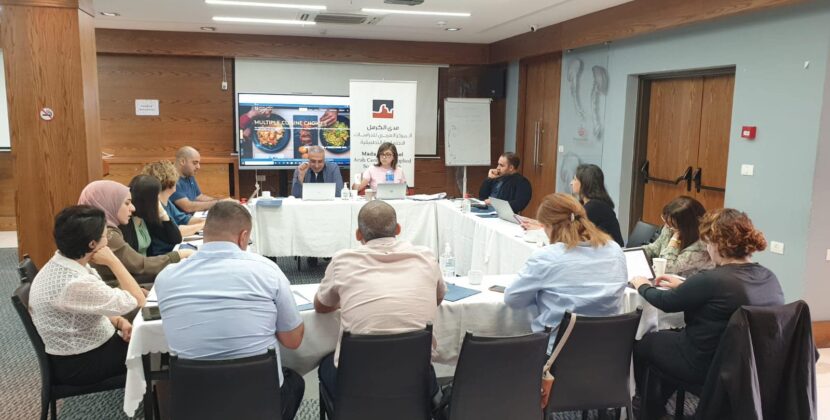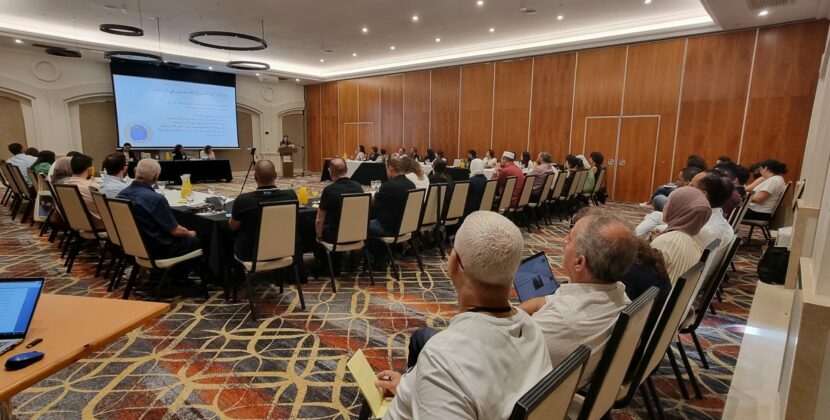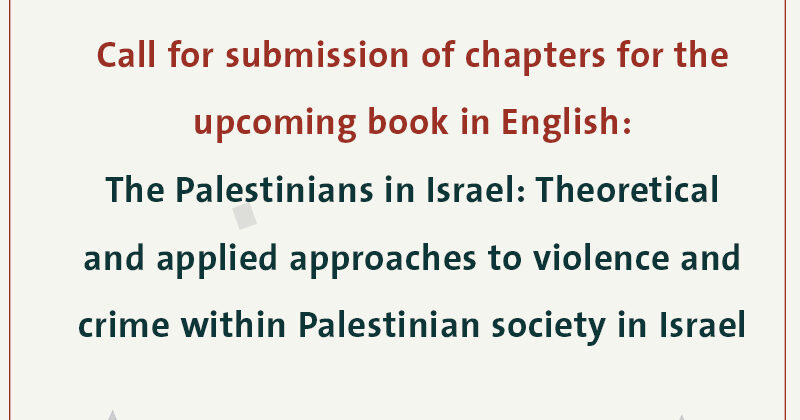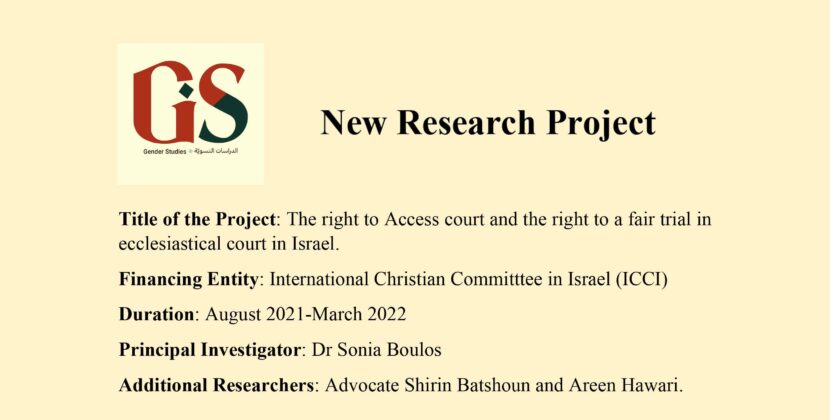Sami Miaari has written a new paper exploring the relationship between changing patterns of voting amongst the Palestinian community in Israel and economic changes. By looking at Israeli general elections between 1996 and the present, applying economic, instrumental and expressive voting theories, and analyzing available data on economic dependency and wealth, Miaari makes a compelling case for a reappraisal of the long-term decline in Arab voter turnout pre-2015. Going against the conventional wisdom which states a causal relationship between increased economic prosperity and an increase in voter turnout, Arab turnout declined through periods of economic growth. Miaari urges us to consider voter abstention as a profoundly political act, as Arab municipalities came to be less reliant on the patronage structures by which funding and resources were acquired through voting for Zionist parties. This speaks to a growth in ideological over ‘practical’ voting grounded in anticipated service provision. The sharp increase in Arab turnout after the union of Arab and non-Zionist parties as the Joint List testifies to the ”political maturation” of the Palestinian community in Israel, according to Miaari‘s analysis.
Sami Miaari is currently a Lecturer at the Department of Labor Studies in Tel-Aviv University and a Marie Skłodowska-Curie Fellow at the Blavatnik School of Government, Oxford University.
To read the article (English only) please click here.





